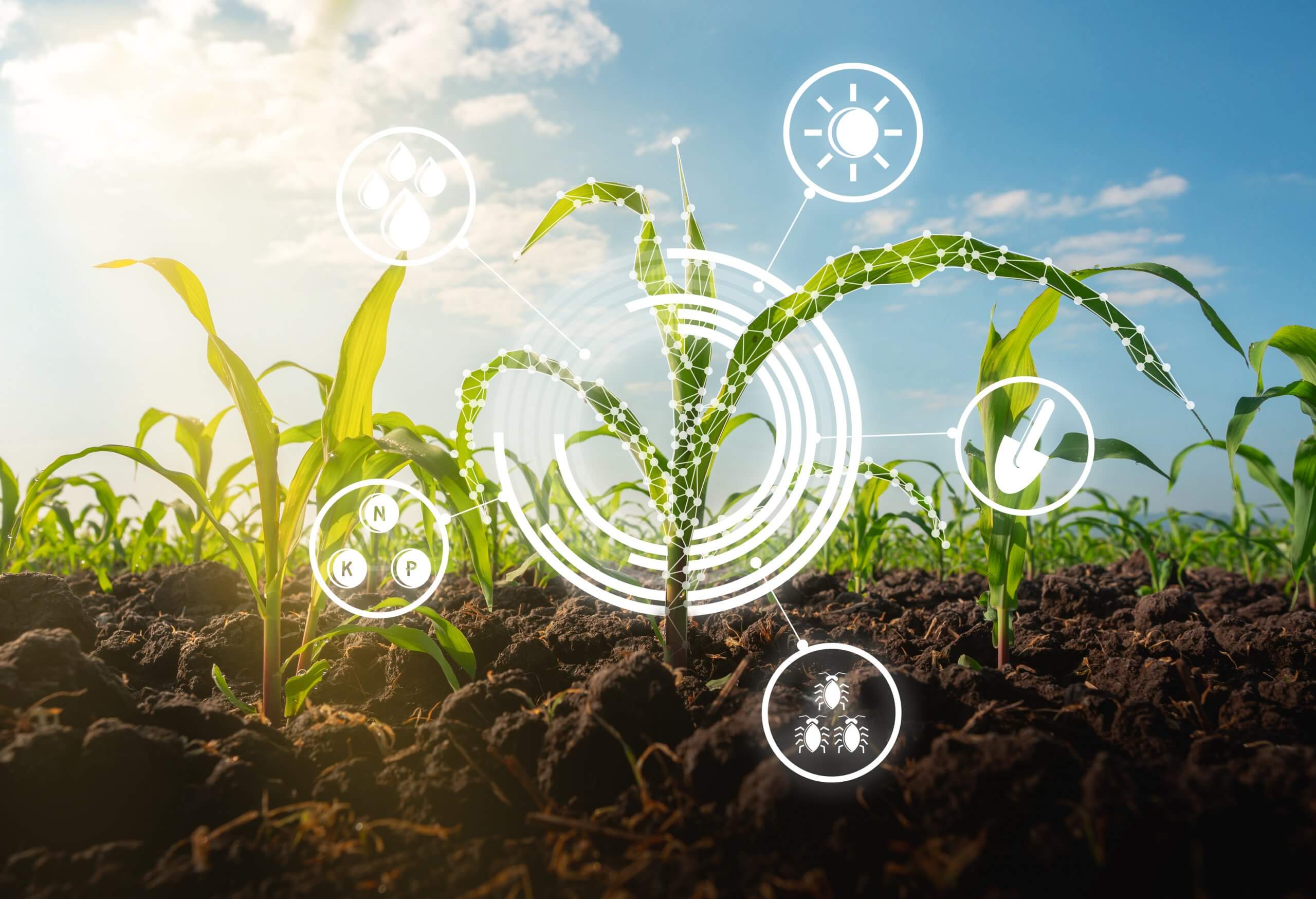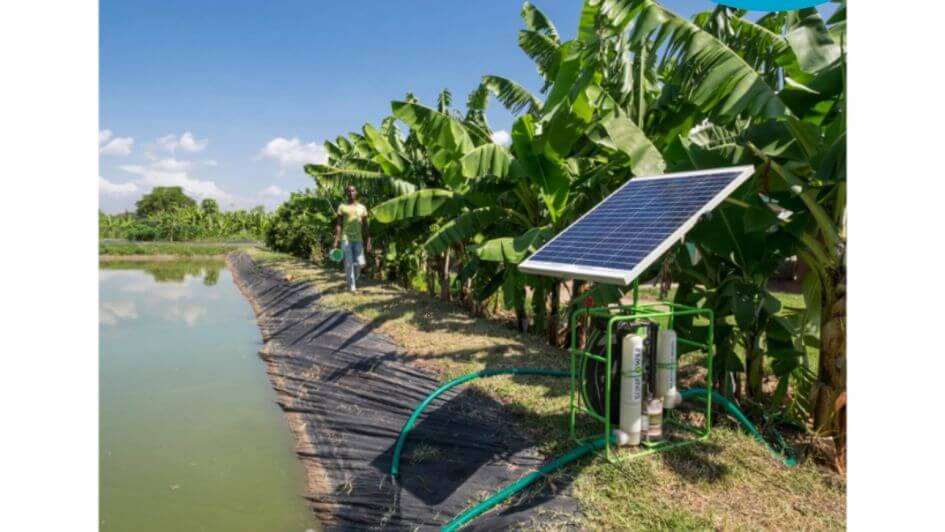Discover how mobile agriculture extension services revolutionize agri-business by providing farmers real-time advice, weather forecasts, and best practices
In the evolving landscape of agri-business, leveraging mobile technology has become a game-changer. Mobile agriculture extension services provide farmers with real-time advice, weather forecasts, and best practices, making it possible to revolutionize traditional farming practices. This blog post delves into how these services are transforming agri-business, offering comprehensive insights into their benefits and applications.
1. The Evolution of Agri-business
Agri-business has seen significant advancements with the integration of technology. The rise of mobile agriculture extension services is a prime example of this evolution. These services offer farmers a wealth of information at their fingertips, enhancing productivity and efficiency in agri-business.
2. Real-time Advice: Empowering Farmers
One of the most critical aspects of mobile agriculture extension services is the provision of real-time advice. Farmers can now access expert recommendations on crop management, pest control, and disease prevention. This immediate access to information helps farmers make informed decisions, thus boosting the overall performance of their agri-business.
3. Weather Forecasts: Preparing for the Unpredictable
Weather plays a crucial role in farming, and unpredictable weather patterns can have devastating effects on agri-business. Mobile agriculture extension services provide accurate and timely weather forecasts, enabling farmers to prepare and adapt their farming practices accordingly. This proactive approach helps mitigate risks and enhances crop yields.
4. Best Practices: Enhancing Farming Techniques
Adopting best practices is vital for the success of any agri-business. Mobile agriculture extension services disseminate information on sustainable farming techniques, soil health management, and efficient water usage. By implementing these best practices, farmers can improve their productivity and contribute to sustainable agriculture.
5. Case Studies: Success Stories from the Field
Several case studies highlight the positive impact of mobile agriculture extension services on agri-business. For instance, in Kenya, the use of mobile platforms has significantly improved maize yields by providing farmers with timely advice and market information. Similarly, in India, mobile services have helped farmers increase their income by adopting better farming practices.
6. The Role of Agri-business in Food Security
Agri-business plays a vital role in ensuring food security. Mobile agriculture extension services contribute to this by enhancing the efficiency and productivity of farming practices. By empowering farmers with knowledge and tools, these services help secure a stable food supply and support the global fight against hunger.
7. Overcoming Challenges in Agri-business with Mobile Technology
Despite the numerous benefits, the integration of mobile technology in agri-business faces several challenges. These include limited internet connectivity in rural areas, low digital literacy among farmers, and the high cost of mobile devices. However, ongoing efforts to improve infrastructure and provide affordable technology solutions are gradually addressing these issues.
8. The Future of Mobile Agriculture Extension Services
The future of mobile agriculture extension services looks promising, with continuous advancements in technology. Innovations such as artificial intelligence, machine learning, and big data analytics are set to further enhance the capabilities of these services. These technologies will provide even more precise and personalized advice to farmers, driving the next wave of transformation in agri-business.
9. How to Get Started with Mobile Agriculture Extension Services
For farmers looking to leverage mobile agriculture extension services, the first step is to identify reliable platforms and apps that offer these services. Governments and private organizations often provide such platforms, ensuring they are accessible and affordable. Farmers should also invest in basic mobile devices and, where possible, seek training on digital literacy to maximize the benefits of these services.
10. The Importance of Community Support in Agri-business
Community support is essential in the successful implementation of mobile agriculture extension services. By fostering a collaborative environment, farmers can share knowledge, resources, and experiences, thereby enhancing the collective success of their agri-businesses. Community-based initiatives and cooperatives can play a significant role in promoting the adoption of these services.
Conclusion
Mobile agriculture extension services are revolutionizing agri-business by providing farmers with real-time advice, weather forecasts, and best practices. These services enhance productivity, mitigate risks, and contribute to sustainable agriculture and food security. As technology continues to advance, the potential for further transformation in agri-business is immense. Farmers, stakeholders, and policymakers must collaborate to harness these technologies' full potential.
Powerful Call to Action:
Join the agricultural revolution today! Embrace mobile agriculture extension services to transform your farming practices and secure a prosperous future for your agri-business. Stay ahead with real-time advice, accurate weather forecasts, and best practices. Let's innovate, grow, and succeed together. Leave a comment below and share your experiences or questions about mobile agriculture extension services!
Compelling Top Question:
How can mobile agriculture extension services impact your agri-business and enhance your farming practices?
References:















.jpg)